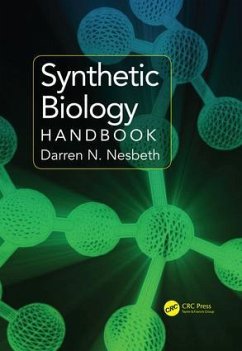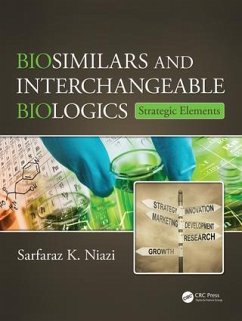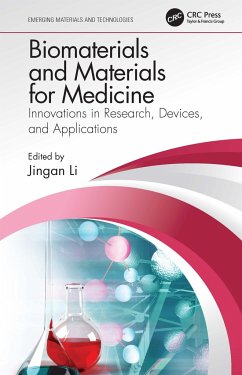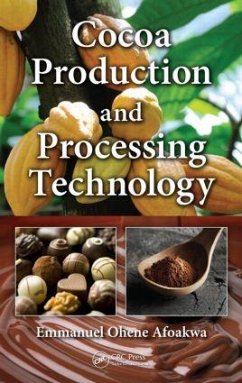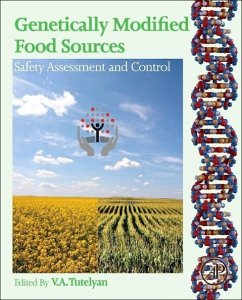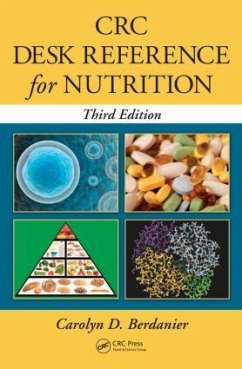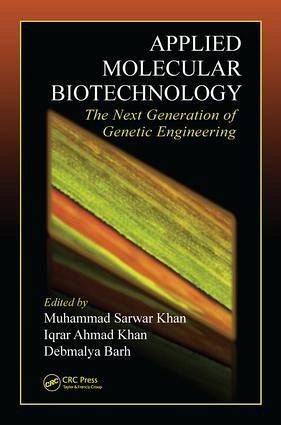
Applied Molecular Biotechnology
The Next Generation of Genetic Engineering
Herausgeber: Khan, Muhammad Sarwar; Barh, Debmalya; Khan, Iqrar Ahmad
Versandkostenfrei!
Versandfertig in über 4 Wochen
293,99 €
inkl. MwSt.

PAYBACK Punkte
147 °P sammeln!
This comprehensive book offers a state-of-the-art overview of the use of molecular biology techniques in plant, animal, industrial, and environmental biotechnology. Comprised of chapters authored by leading experts, the text highlights the latest omics-, trangenics-, and nano-based approaches used in molecular biotechnology. It covers a variety of diverse topics, such as chloroplast gene expression systems, whole-genome resequencing for crop improvement, animal models, human tissue banking, and molecular diagnostics, providing students and researchers with a springboard for new discoveries in ...
This comprehensive book offers a state-of-the-art overview of the use of molecular biology techniques in plant, animal, industrial, and environmental biotechnology. Comprised of chapters authored by leading experts, the text highlights the latest omics-, trangenics-, and nano-based approaches used in molecular biotechnology. It covers a variety of diverse topics, such as chloroplast gene expression systems, whole-genome resequencing for crop improvement, animal models, human tissue banking, and molecular diagnostics, providing students and researchers with a springboard for new discoveries in molecular biology and its applications.



